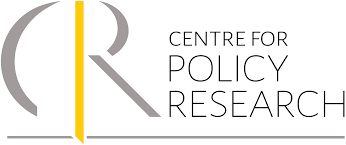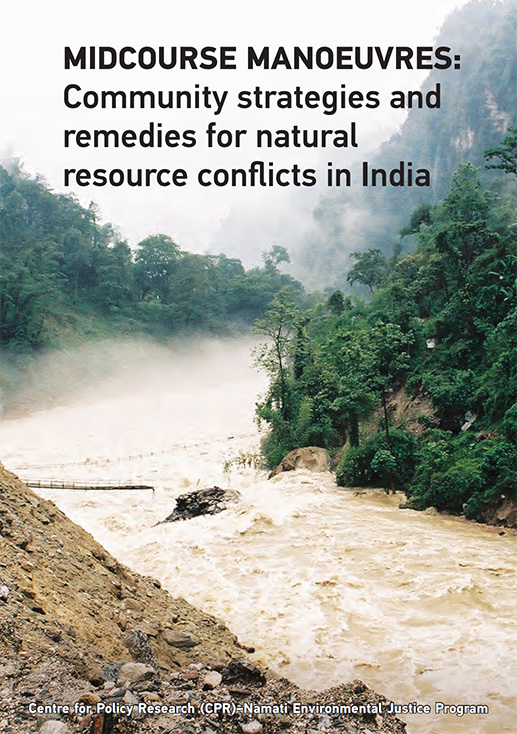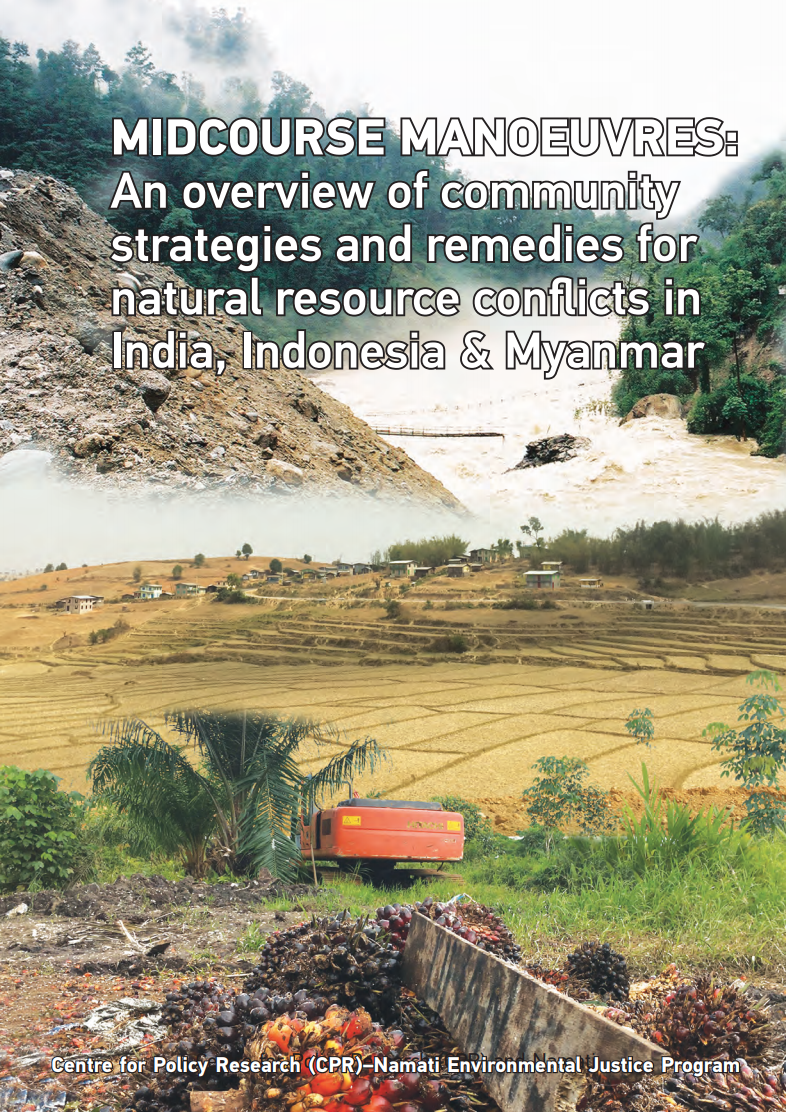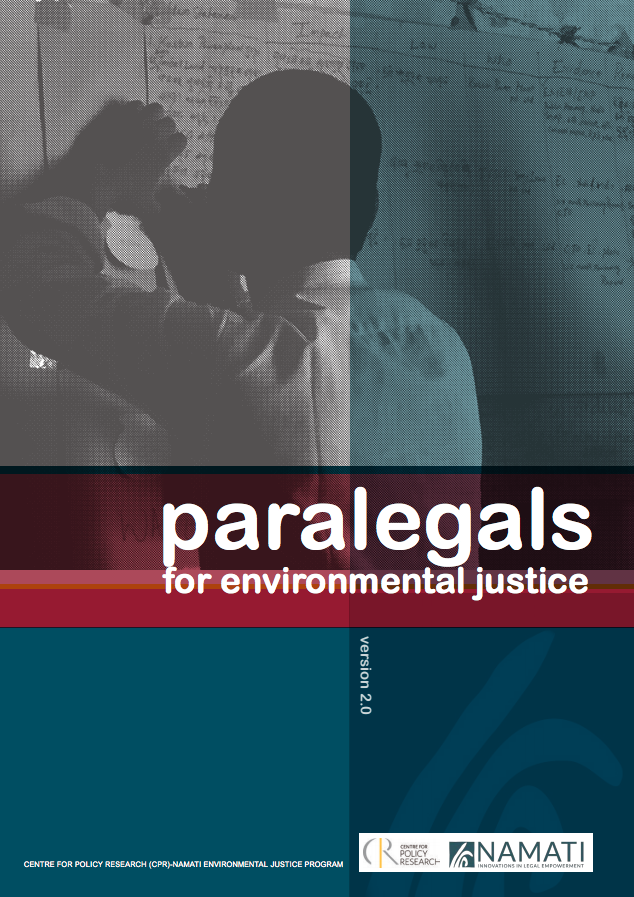Focal point
Location
Dharam Marg, Chanakyapuri
New Delhi 110021
The Centre for Policy Research (CPR) has been one of India’s leading public policy think tanks since 1973. The Centre is a non-profit, non-partisan independent institution dedicated to conducting research that contributes to the production of high quality scholarship, better policies, and a more robust public discourse about the structures and processes that shape life in India.
CPR’s community of distinguished academics and practitioners drawn from different disciplines and professional backgrounds. The institution nurtures and supports scholarly excellence. However,the institution as such does not take a collective position on issues. CPR's scholars have complete autonomy to express their individual views. Senior faculty collaborate with more than 50 young professionals and academics at CPR and with partners around the globe to investigate topics critical to India’s future.
Members:
Resources
Displaying 6 - 10 of 21Midcourse Manoeuvres: Community Strategies and Remedies for Natural Resource Conflicts in India
Successive governments in India have emphasized the need for industrial expansion and privatization as the foundation for economic stability and growth. This focus has led to the policy-induced transformation of rural and peri-urban landscapes into use for industry and infrastructure. These transformations have caused social conflicts and ecological impacts for land and resource-dependent people.
Midcourse Manoeuvres: Overview of Community Strategies and Remedies for Natural Resource Conflicts in India, Indonesia and Myanmar
Land transformation has been at the centre of the economic growth of post-colonial Asia. In the 1990s, many Asian countries embraced economic liberalization and speculative business interests in land began to replace the state’s control of land for developmental purposes. The growing demand for land by corporations and private investors has fuelled several regional land rush waves in Asia, bringing them directly in conflict with communities that require these lands for their occupations and survival.
The Legal Regime and Political Economy of Land Rights Of Scheduled Tribes in the Scheduled Areas of India
This Report is the outcome of a deep commitment on part of the Land Rights Initiative research team to create systematic knowledge on land issues in India with a view to meaningfully evaluating legal and policy initiatives that can contribute to creation of more equitable land regimes for all. The Report has been in the making for five years and yet remains a work in progress. The dismal plight of the Scheduled Tribes in India is the result of complex current and historical, institutional,social, political, and economic dynamics that have been difficult for us to assess in their totality.
Paralegals for Environmental Justice
A community paralegal, also known as a grassroots legal advocate or a barefoot lawyer, is a community resource person and mobiliser, trained in basic law and legal procedures and in skills like mediation, negotiation, education, and advocacy.




